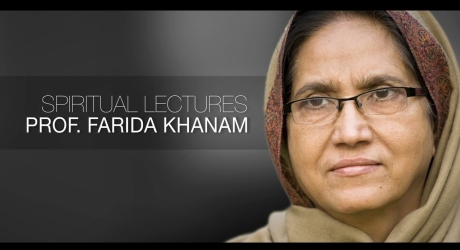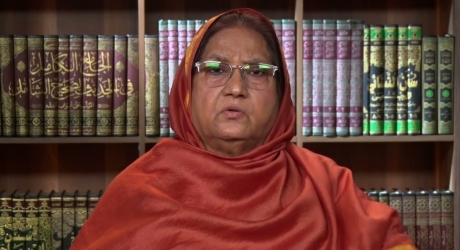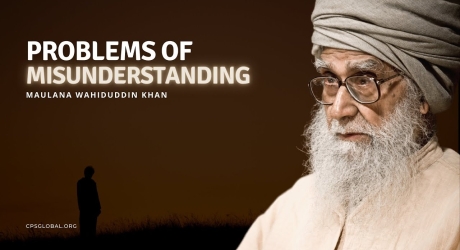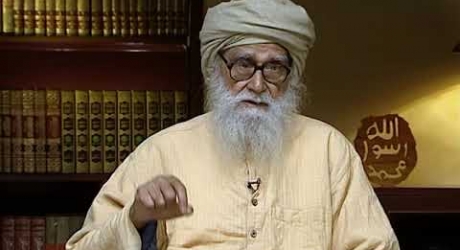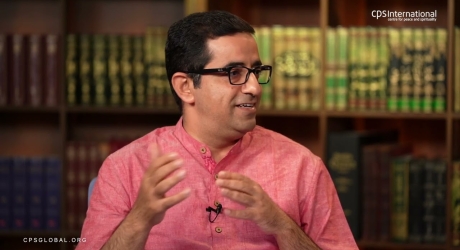When someone provokes you and infuriates you, your sentiments cloud your mind. Then a person becomes emotional. When you read about the principle in books, you took it rationally. But when a practical matter came up and someone provoked you, you become sentimental and emotional. When you become emotional, your rational mind is suppressed. You are unable to think about the principle to be applied in the matter. Your mind thinks it should respond to 'hitting of a stone by throwing a brick.' If they speak, we should also speak up. If they speak badly to us, we should do the same. The matter escalates and the result is breakdown. When we read the saying, Being silent once can avoid a thousand problems, we are in a normal state of mind. But when the time of practical application comes, we don’t remain normal. We become provoked. If someone provokes us, we are unable to think about the importance of the above principle and begin to argue. It is very important for a person to reason out things, introspect, understand matters with depth. Only then can we stay in this world with peace, happiness and free of tension.
Islam does not want you to live like an animal. Islam seeks to activate your mind and make you perceptive. A hadith says: اتَّقُوا فِرَاسَةَ الْمُؤْمِنِ فَإِنَّهُ يَنْظُرُ بِنُورِ اللهِ (Sunan al-Tirmidhi 3127) Beware of the wisdom of a believer, as he sees with the light of God. This is indeed a unique hadith. This means that your faith enlightens you. This has a clear meaning: Islam enlightens you, provides guidance for your mind, makes you wise and develops in you the ability to reason things out.
I would like to point out why people can't reason out in controversial matters. I understood something today and wrote an article about it. An old saying goes: Being silent once can avoid a thousand problems. This saying is part of every language.I began thinking after speaking to a person on phone. Why is it that people know about this saying, yet they don’t apply it? One, in a thousand persons, applies it to practical life. A companion of mine called and I understood something after the conversation. He lives in a foreign country and works at a mosque. A young boy came to the mosque and began to speak against him and Al-Risala, and they both broke into an argument. I asked the person who had called me about the ideas of the mosque's chariman. He replied the chairman was in agreement with our thoughts. He had given permission to bring our books in the mosque, so that people may know about our ideas. I asked him why did he then have to argue with the youth? When the chairman of the mosque is in your favour, why dispute with people?I then understood the saying: Being silent once can avoid a thousand problems.
When we had read it long back, we were in a normal state of mind. In this normal state, we consider this as a high principle. But when someone provokes you and infuriates you, your sentiments cloud your mind. Then a person becomes emotional. When you read about the principle in books, you took it rationally. But when a practical matter came up and someone provoked you, you become sentimental and emotional. When you become emotional, your rational mind is suppressed. You are unable to think about the principle to be applied in the matter. Your mind thinks it should respond to 'hitting of a stone by throwing a brick.' If they speak, we should also speak up. If they speak badly to us, we should do the same. The matter escalates and the result is breakdown. When we read the saying, Being silent once can avoid a thousand problems, we are in a normal state of mind. But when the time of practical application comes, we don’t remain normal. We become provoked. If someone provokes us, we are unable to think about the importance of the above principle and begin to argue. It is very important for a person to reason out things, introspect, understand matters with depth. Only then can we stay in this world with peace, happiness and free of tension.






